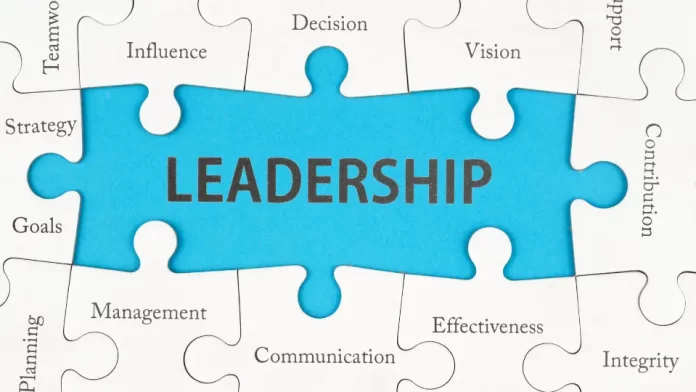In the dynamic landscape of modern business, the role of a leader transcends traditional management practices. Today, exceptional leadership is not merely about making decisions; it’s about inspiring teams, fostering innovation, and driving organizations toward sustainable success. As we delve into the nuances of what sets apart an exceptional leader, we uncover a tapestry woven with emotional intelligence, strategic acumen, and a profound commitment to growth.
1. Emotional Intelligence: The Cornerstone of Connection
At the heart of exceptional leadership lies emotional intelligence (EI). Leaders who possess a high level of EI are adept at understanding and managing their own emotions while empathetically connecting with the feelings of their team members. This ability fosters a culture of trust, open communication, and collaboration. An emotionally intelligent leader recognizes that acknowledging their team’s emotions is not a sign of weakness but a demonstration of strength, ultimately nurturing a resilient and motivated workforce.
2. Visionary Thinking: Painting the Path to Success
Exceptional leaders are visionary thinkers. Leaders must possess this uncanny ability to foresee trends, anticipate challenges, and craft a compelling roadmap for their organizations. They tap into their strategic acumen to create a clear and inspiring vision that resonates with their teams. By articulating this vision, leaders empower their employees with a shared sense of purpose, making the journey towards organizational goals an invigorating and purposeful endeavour.
3. Adaptive Resilience: Navigating Challenges with Grace
In the face of adversity, exceptional leaders demonstrate adaptive resilience. They embrace change as an opportunity for growth and are not deterred by setbacks. Instead, leaders approach challenges with a solution-oriented mindset, fostering a culture where learning from failures is as celebrated as achieving successes. This resilience ripples through the organization, motivating teams to overcome obstacles and strive for continuous improvement.
4. Inclusive Collaboration: Harnessing the Power of Diversity
Diversity and inclusion are not just buzzwords but essential components of exceptional leadership. Leaders who value diverse perspectives understand that innovation thrives in environments where individuals from varied backgrounds come together. By fostering inclusive collaboration, these leaders tap into a wealth of ideas, experiences, and talents, driving innovation. Thus, ensuring the organization remains adaptable in a rapidly changing world.
5. Empowerment and Development: Cultivating Future Leaders
An exceptional leader’s legacy is not solely built on their own achievements but on the growth and success of their team members. These leaders prioritize mentorship, empowering their employees to take on leadership roles and nurturing a pipeline of future leaders. By investing in the development of their team, leaders ensure the sustainability of their organization’s success. This may leave a lasting impact on the professional journeys of others.
6. Ethical Integrity: The Moral Compass
Exceptional leaders are guided by ethical integrity. They make decisions not only based on short-term gains but also on the long-term impact. Upholding a strong moral compass, these leaders build trust with their teams, customers, and partners. Their commitment to ethical conduct becomes a driving force that shapes the organizational culture and solidifies their reputation.
7. Continuous Learning: The Journey Never Ends
In the realm of exceptional leadership, the journey of learning never concludes. Leaders who remain curious, open to feedback, and committed to self-improvement set a precedent for their teams. They actively seek new knowledge, embrace emerging trends, and adapt their strategies accordingly. This thirst for learning not only keeps them ahead of the curve but also inspires their teams to adopt a growth mindset.
Conclusion
In conclusion, the art of exceptional leadership is a harmonious blend of emotional intelligence, visionary thinking, adaptive resilience, inclusive collaboration, empowerment, ethical integrity, and continuous learning. It’s a symphony conducted with passion, empathy, and unwavering dedication to the growth and success of both the organization and its people. As the business landscape continues to evolve, exceptional leaders stand as beacons of inspiration, guiding their teams through uncharted territories and shaping a brighter future for all.






























